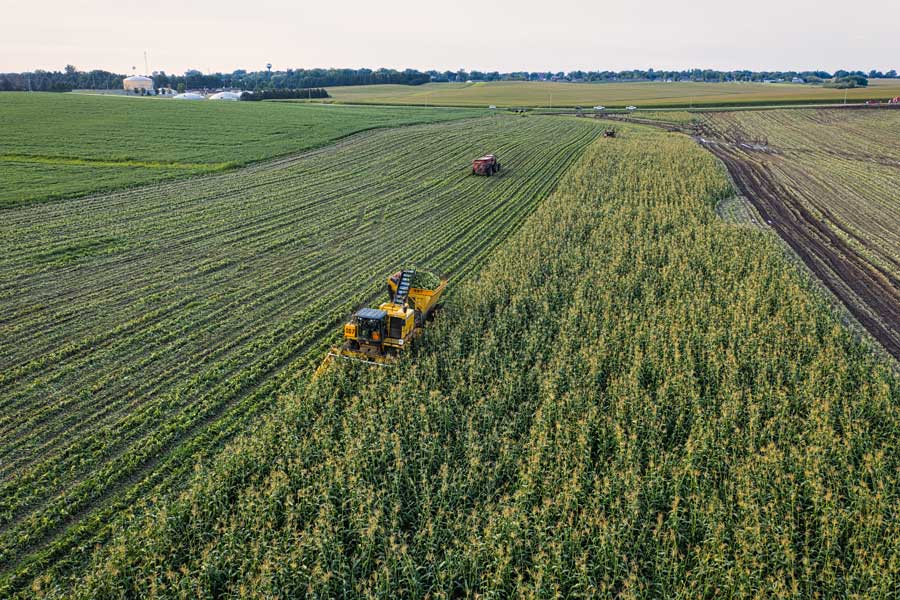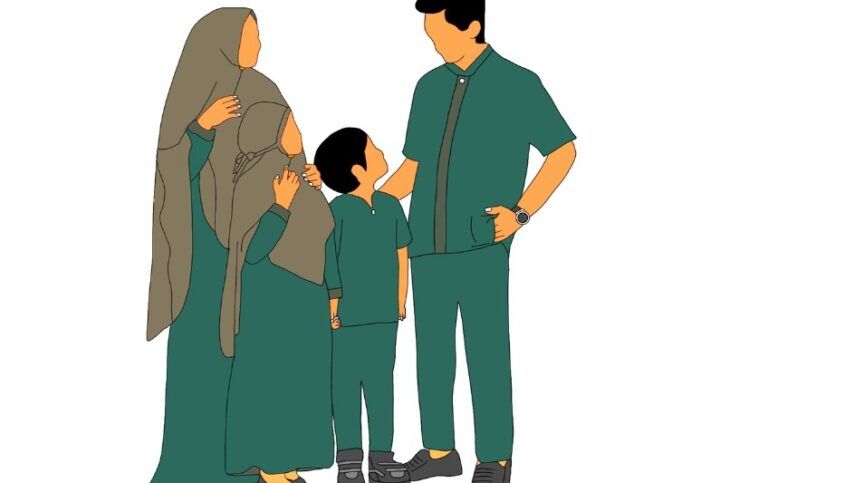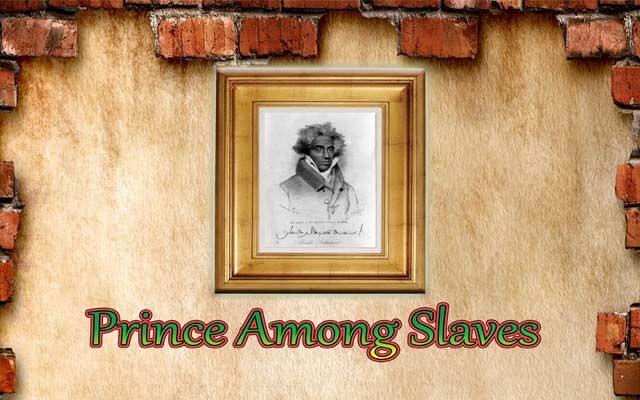The earth is a creation of Allah and, like any creation, it has its rights. One of those rights is the right of the environment to be protected by humanity; this is a core obligation of Muslims. The land that has been bestowed upon us is a blessing from Allah: ”Do you not see that Allah has subjected to you all things in the heavens and on earth, and has made his bounties flow to you in exceeding measure, seen and unseen?” (Qur’an 31:20).
Protecting the environment comes in many different forms. It can be everyday work like conservation efforts to protect wildlife or the act of planting trees to make the earth green again. Some things are harder to work on, like reducing plastic and pesticide use. Education is the first step, and we must understand what the data tells us. We tend to think of pesticides and herbicides as things used to kill organisms that inconvenience us. We use them to kill insects like mosquitoes and to prevent the growth of weeds, plants that we consider undesirable in our yards. Yet, with every spray, we are creating harm that is not readily apparent to us.
On a global level, pesticides are used on large areas of land. This has a widespread impact on the environment. Some of the pesticide is carried off by wind or washed away by rain. As it travels to unintended locations, its harmful impact becomes more destructive. As research continues, countries in Europe and the U.S. have banned specific pesticides, and the list is only increasing.
Contamination of Water
The contamination of water by the use of pesticides is a very serious concern. The Qur’an mentions that all life is made from water: “Do not those who disbelieve see that the heavens and the earth were joined together, and then We separated them? And then We made from water every living thing? Will they still not believe?” (21:30).
Pesticides seep into the soil and find their way into groundwater. Additionally, they may be washed into nearby streams and rivers. In fact, research has found that 97 percent of streams tested in agricultural and urban areas were polluted with pesticides. And around 55 – 61 percent of shallow ground water in agricultural and urban areas was polluted with pesticides. What would happen if water becomes so contaminated that it is virtually unusable? The survival of the human race then is threatened.
Devastating Effects on the Health of Soil
Once applied to crops, pesticides work their way into the soil, where they have devastating effects. Pesticides kill a lot of the microorganisms that live in the soil such as bacteria, viruses, fungi, protozoa and algae. These microorganisms help to maintain the structure and health of the soil. Organic matter also helps soil retain water and affects the overall health of the soil and the availability of nutrients. Without nutrient-rich soil, crops are not able to grow well.
The pesticides are also easily carried by the wind to other, non-agricultural areas in a phenomenon known as pesticide drift. The pesticides can be carried across long distances. The distance that these pesticides can travel depends on wind speed, relative humidity levels, and external temperatures. This means that warmer summer months typically result in increased pesticide contamination of non-agricultural areas and increased concentrations in the air, which are then introduced to human and animal respiratory systems.
Harming the Bees and Other Living Things
Pesticide use is also directly linked to the continually declining bee population, a species that is vital to plant pollination. In fact, researchers have studied this effect, known as pollinator decline, in order to understand Colony Collapse Disorder. This disorder occurs when the adult bees disappear from the colonies without prior indicators of population decline. The U.S. Department of Agriculture has released an estimate suggesting that farmers lose approximately $200 million annually due to reduced pollination. In addition to their value as pollinators, bees are mentioned in the Qur’an in the surah titled, The Bee. In verses 68-69 we are told by Allah SWT: “And your Lord inspired to the bee, ‘Take your habitations among the mountains and among the trees and [in human] habitations’” (16:68). In a hadith, Abdullah bin Mas’ood has reported Allah’s Messenger as saying: “Make use of two remedies, honey and Qur’an.” Plants, birds, fish, reptiles, amphibians, and mammals, including humans, have all been affected by pesticide use.
Feeding the Growing Population
We need to find alternatives to pesticide-based crops to help feed the growing population of this world. It is estimated that 25,000 people die each day due to hunger and hunger-related diseases. That is approximately 9 million people per year. The Food and Agriculture Organization of the United Nations (FAO) estimates that 795 million people lack the necessary food to live a healthy life. That’s more than one-tenth of the world’s population. Yet in America, we waste 30-40 percent of our food, costing $160 billion annually. We are looking at 150,000 tons of food wasted daily. Abu Dharr narrated that the Messenger of Allah (pbuh) said, “Let one of you not consider any good to be insignificant. If he has nothing, then let him meet his brother with a smiling face. If you buy some meat or cook something in a pot, then increase its broth, and serve some of it to your neighbor.” Jabir reported Allah’s Messenger (pbuh) as saying: “Food for one suffices two, and food for two suffices four persons, and food for four persons suffices eight persons.”
Governments around the world need to act in order to control pesticide application and prevent some of its harmful and increasingly destructive side effects. Many organic farms today get high-yield crops without using any agricultural chemicals. Protecting the earth and its resources is protecting a great gift from Allah SWT. He says in the Qur’an, “And a sign for them is the lifeless earth. We have brought it to life and brought forth from it grain, and from it they eat. And We have placed therein gardens of date-palms and grapes; and We have caused springs of water to gush forth therein, that they may eat of the fruit thereof, and their hands made it not. Will they not, then, give thanks?” (36:33-35).





